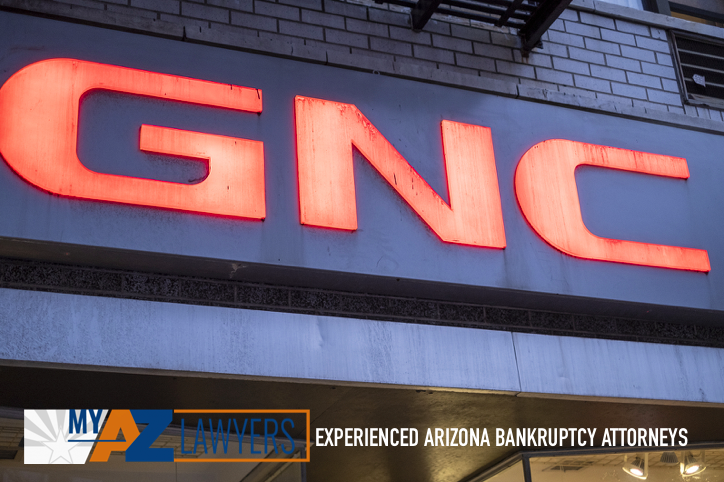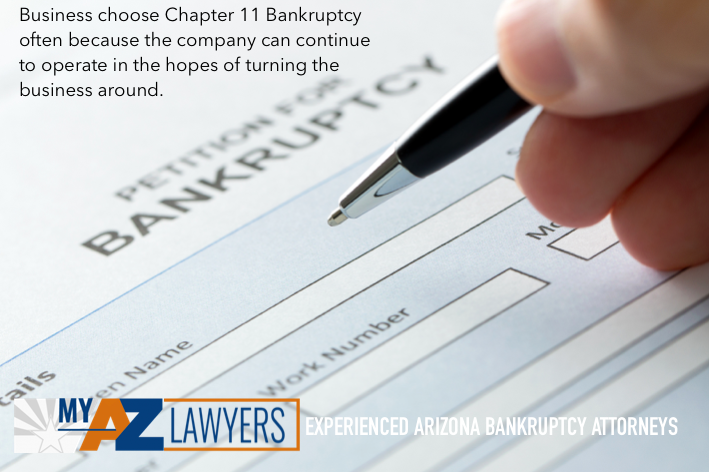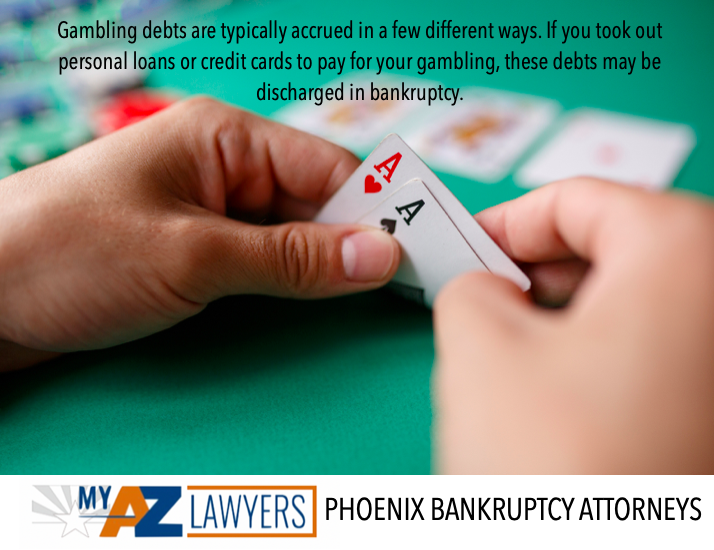GNC the Latest Bankruptcy Casualty of Coronavirus
4 Arizona Locations to Close After Chapter 11 Bankruptcy Filing

What is Chapter 11 Bankruptcy? Why did GNC Choose Chapter 11?
Chapter 11 Bankruptcy allows businesses and individuals with sizable assets and numerous liabilities to restructure their debt while being overseen and approved by the court and a panel of creditors. The panel, which is composed of the creditors the company owes the most money to, will have authority in major business decisions like entering contracts, taking out loans, and selling shares. However, in Chapter 11, the company can continue to operate in the hopes of turning the business around. Day-to-day operations remain in control of the company’s usual management. A company may still close down using Chapter 11 if settling the outstanding debts would be too complicated with other chapters.
The other chapter that businesses typically file is Chapter 7. Chapter 7 discharges unsecured debts and releases the owner/s of the company from personal liability, but the business must shut down and surrender all of its assets and inventory.
How the Pandemic Forced GNC to File Bankruptcy
GNC has posted statements to its website explaining its reasoning to file Chapter 11 bankruptcy. The company admitted that financial strains over the past few years had made the company unprepared to handle the pandemic and all of its negative economic effects. Like other brick-and-mortar chains, the competition posed by online retailers has caused GNC to struggle. GNC had already begun closing locations in shopping malls, widely considered to soon be a thing of the past, in 2018. The company had already amassed a staggering $1 billion in debts prior to its 2020 bankruptcy filing.
The company had plans to refinance and pay off its massive debts. Then the coronavirus pandemic hit. Starting in March, GNC was forced to close approximately 30% of its stores due to stay-at-home and quarantine orders. GNC reported first quarter losses of $200 million, where the chain had reported losses of $15 million for the same time period in 2019. While the company had its peak stock value of $60 per share in 2013, GNC’s stock value was less than a dollar- $0.81- shortly before the bankruptcy filing.
GNC’s Chapter 11 Bankruptcy Plan

If the funding plan from IVC falls through, the company also has the option to sell. Harbin is a Chinese pharmaceutical company that has 41% of GNC’s voting rights. Harbin, along with the rest of the Chapter 11 panel, have promised at least $760 million if the company is sold through court auction.
Arizona GNC Locations Impacted by Bankruptcy
Arizona is already struggling with a vast amount of new unemployment claims. More than 280,000 people in Arizona have lost their jobs due to the pandemic. GNC’s bankruptcy, and resulting store closures, will only add to Arizona’s climbing number of unemployment claims.
The following stores are closing as a part of GNC’s Chapter 11 Bankruptcy Plan:
- Madera Village, 9121 E. Tanque Verde Rd, Suite 115, Tucson, Arizona
- Grayhawk Plaza, 20701 N. Scottsdale Rd, Suite 105, Scottsdale, Arizona
- Flagstaff Mall, 4650 E 2 N Hwy 89, Flagstaff, Arizona
- Arrowhead Town Center, 7700 West Arrowhead Towne, Glendale, Arizona
There are more than 20 other GNC locations in Arizona that will remain open through the bankruptcy


 Most individual bankruptcies are filed under either Chapter 7 or Chapter 13. Chapter 7 bankruptcy has strict income limits and the filer will have to surrender any assets with more equity than that state’s exemptions. Most unsecured non-priority debts will be discharged in Chapter 7. Credit cards, medical bills, repossession deficiencies, and more will be liquidated without any repayment. However, there is a caveat: debts that were fraudulently incurred can’t be discharged in Chapter 7.
Most individual bankruptcies are filed under either Chapter 7 or Chapter 13. Chapter 7 bankruptcy has strict income limits and the filer will have to surrender any assets with more equity than that state’s exemptions. Most unsecured non-priority debts will be discharged in Chapter 7. Credit cards, medical bills, repossession deficiencies, and more will be liquidated without any repayment. However, there is a caveat: debts that were fraudulently incurred can’t be discharged in Chapter 7.  Gambling debts are typically accrued in a few different ways. If you took out personal loans or credit cards to pay for your gambling, these debts may be discharged in bankruptcy. They will be wiped clean in Chapter 7 bankruptcy, and are lower priority debts that may only be partially paid before discharge through Chapter 13 bankruptcy.
Gambling debts are typically accrued in a few different ways. If you took out personal loans or credit cards to pay for your gambling, these debts may be discharged in bankruptcy. They will be wiped clean in Chapter 7 bankruptcy, and are lower priority debts that may only be partially paid before discharge through Chapter 13 bankruptcy.